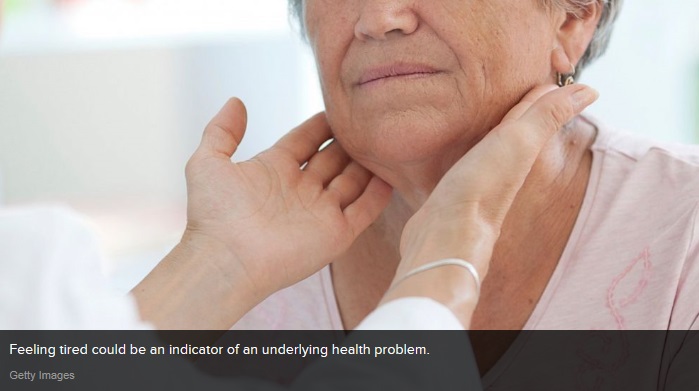In our go, go, go lives, it’s not always easy to spot problematic lack of energy. But if you’re sleeping a solid seven to eight hours a night and still feeling sluggish, that should raise a red flag. The best advice is to pay close attention to exactly how it feels so you can describe it to your doctor in detail. If your fatigue is more like weakness, for example, the problem might be your thyroid gland, which regulates energy levels; either an overactive or underactive thyroid can zap you. Blood tests will show if there’s an issue, and your doctor can prescribe medicines that help.
More general daytime sleepiness or fogginess, on the other hand, is more likely related to stress or a lingering infection. Your doctor might order a sleep study to rule out sleep apnea, which causes your breathing to pause while you snooze. This can disrupt your z’s, even if you don’t notice. To treat it, your doctor might prescribe a mouthpiece or breathing machine so you can get good rest.
If you also have breathlessness, that’s a possible sign of a heart condition like cardiomyopathy, a disease that causes overgrowth of the heart muscle. Treatment ranges from diet changes to surgery to remove tissue or implant a pacemaker. Finally, if you feel apathy, too, that’s a sign of depression or grief. Thankfully, most of the time persistent tiredness can be solved with a little detective work.


